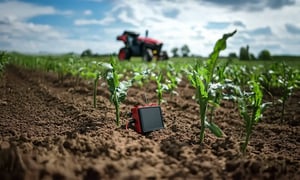
Smart Agriculture
Farm operations need seamless connectivity for real-time data on crop health and soil. POND IoT ensures reliable connectivity, even in rural areas, so you can focus on growing and managing your farm.
Designed for Agriculture & Farming
Keep Your Farm Site Connected
Keeping your farm connected is key to running everything smoothly. POND IoT provides reliable connectivity that works even in remote areas, so you can:
- Monitor crops and equipment
- Track resources in real time
- Communicate with your team
With seamless internet access, you can:
- Avoid interruptions
- Boost productivity
- Focus on growing your farm efficiently
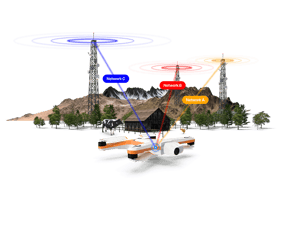
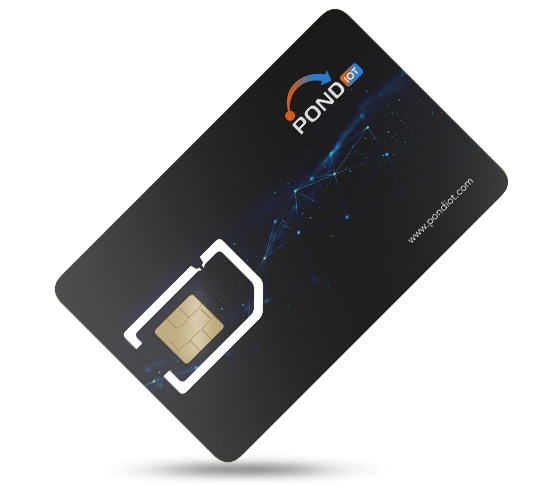
What Is Multi-Carrier SIM for Agriculture?
Keeping your farm connected is essential for smooth operations. Our Multi-Carrier SIM, also known as a Multi-IMSI SIM, automatically switches between networks to ensure you always have the strongest signal, even in remote areas. This means your sensors and equipment stay connected without interruptions.
Key benefits include:
- Real-Time Data: Stay updated on crop and soil conditions.
- No Downtime: Automatically switches to the best network for constant connectivity.
- Boost Efficiency: Ensure seamless communication and faster decision-making on the farm.
Starlink + Peplink Solution for Agriculture
For farms located in remote and rural areas without easy access to internet or cell towers, we offer a dependable solution without costly installations. Our Starlink + Peplink solution includes:
- Starlink Satellite: High-speed satellite internet for areas where regular options aren’t available.
- 5G Peplink Router: Keeps the connection stable with backup support.
- Multi-Carrier SIM: Switches between networks to ensure continuous connectivity.
This combination provides fast, reliable internet to keep your farm running smoothly, even in isolated locations.
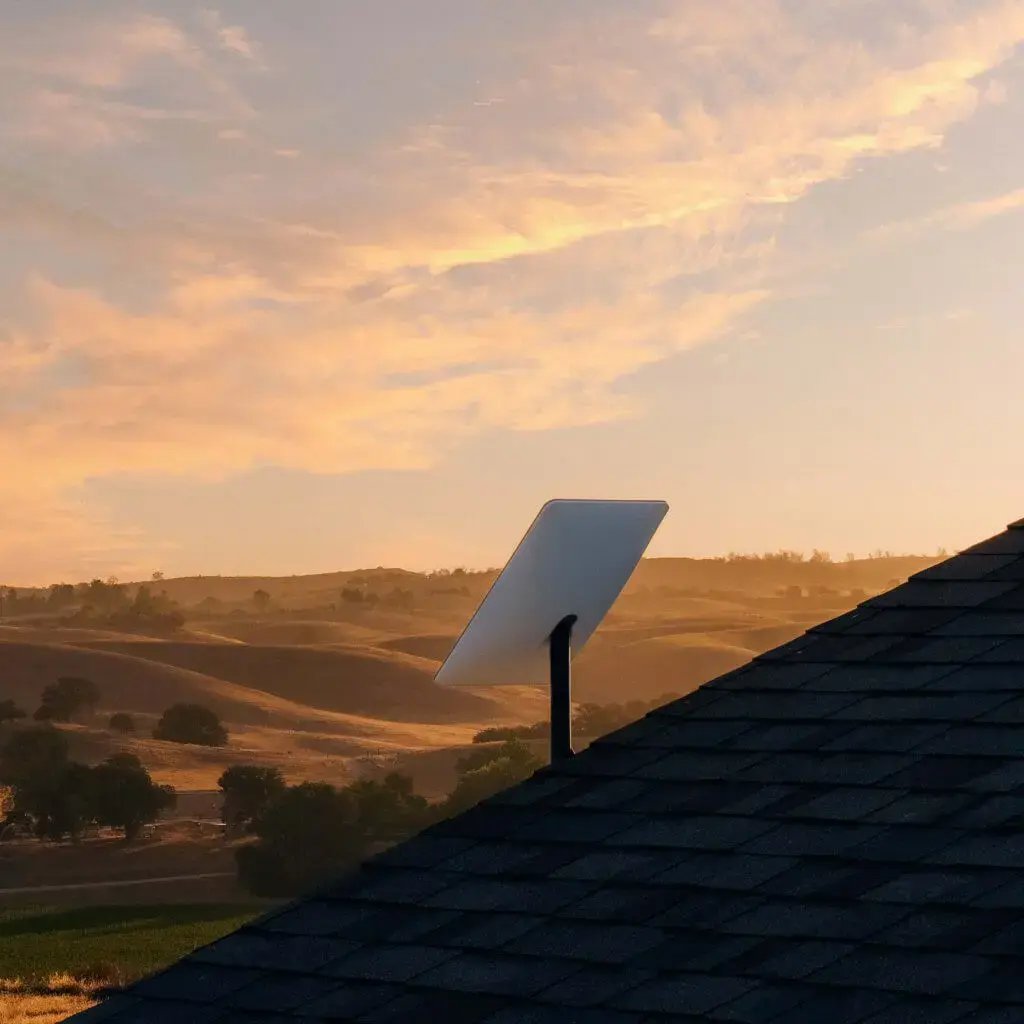
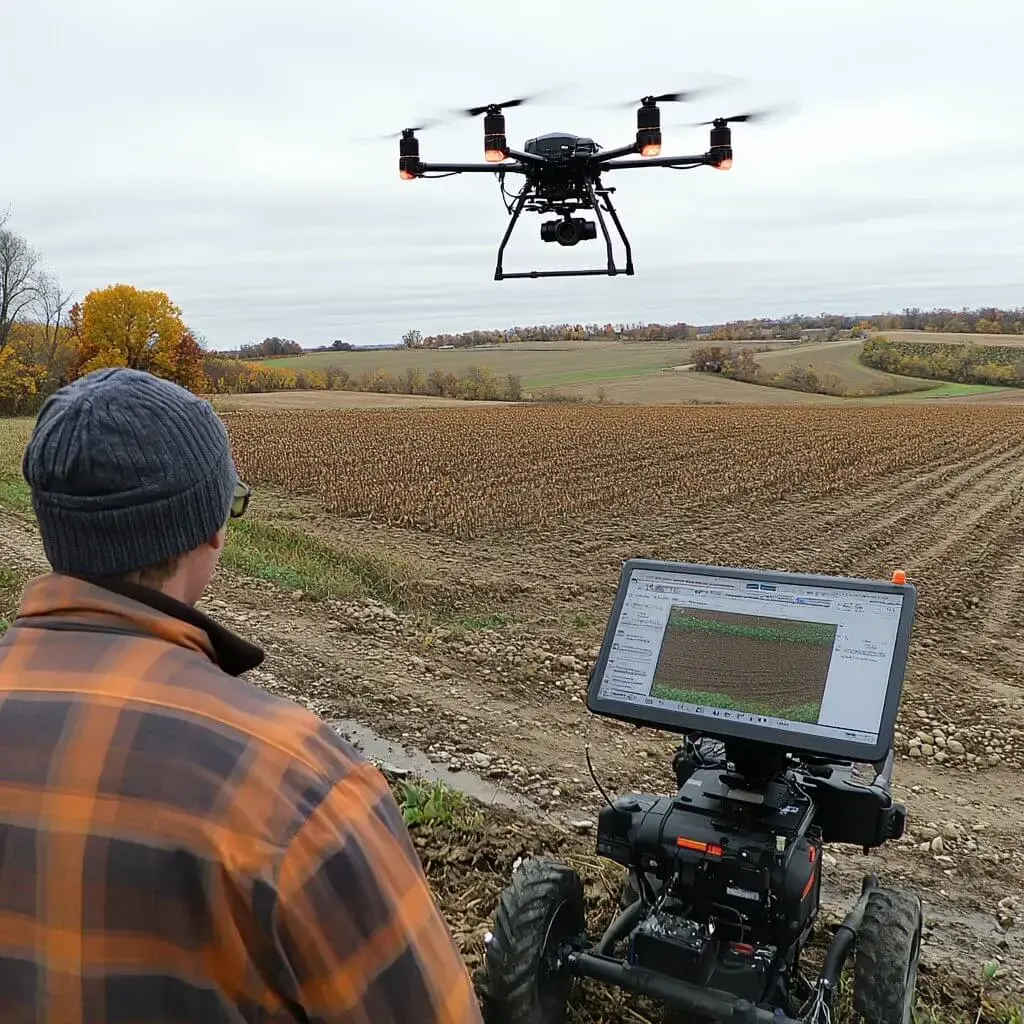
Precision Farming
Precision farming uses advanced tools like GPS trackers, drones, and sensors to improve the accuracy of farm operations. These tools collect real-time data, helping farmers make better decisions about crops and soil.
- GPS trackers, drones, and sensors gather data in real time.
- Information is sent to the cloud for easy access and analysis.
- Smart irrigation uses moisture sensors to save water and avoid over-watering.
- This technology helps boost crop yields and reduce waste.
Improved Crop Management
At POND, we provide smart farming technologies and reliable connectivity to improve crop management:
- Monitor key factors like soil moisture, pH levels, and temperature to make better decisions for your crops.
- Our solutions ensure that your farm devices stay connected, allowing real-time data to flow seamlessly.
- Use the information gathered to optimize irrigation, fertilization, and other essential farming tasks.
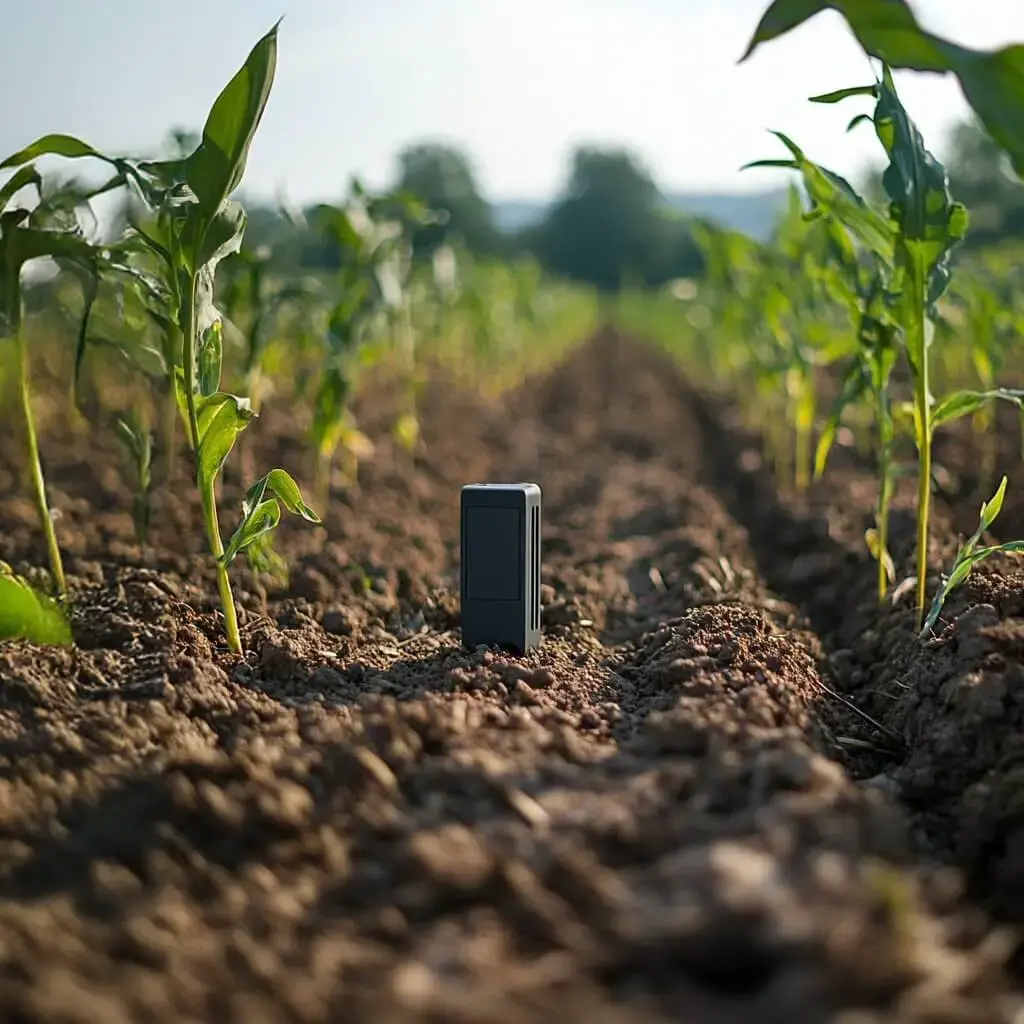
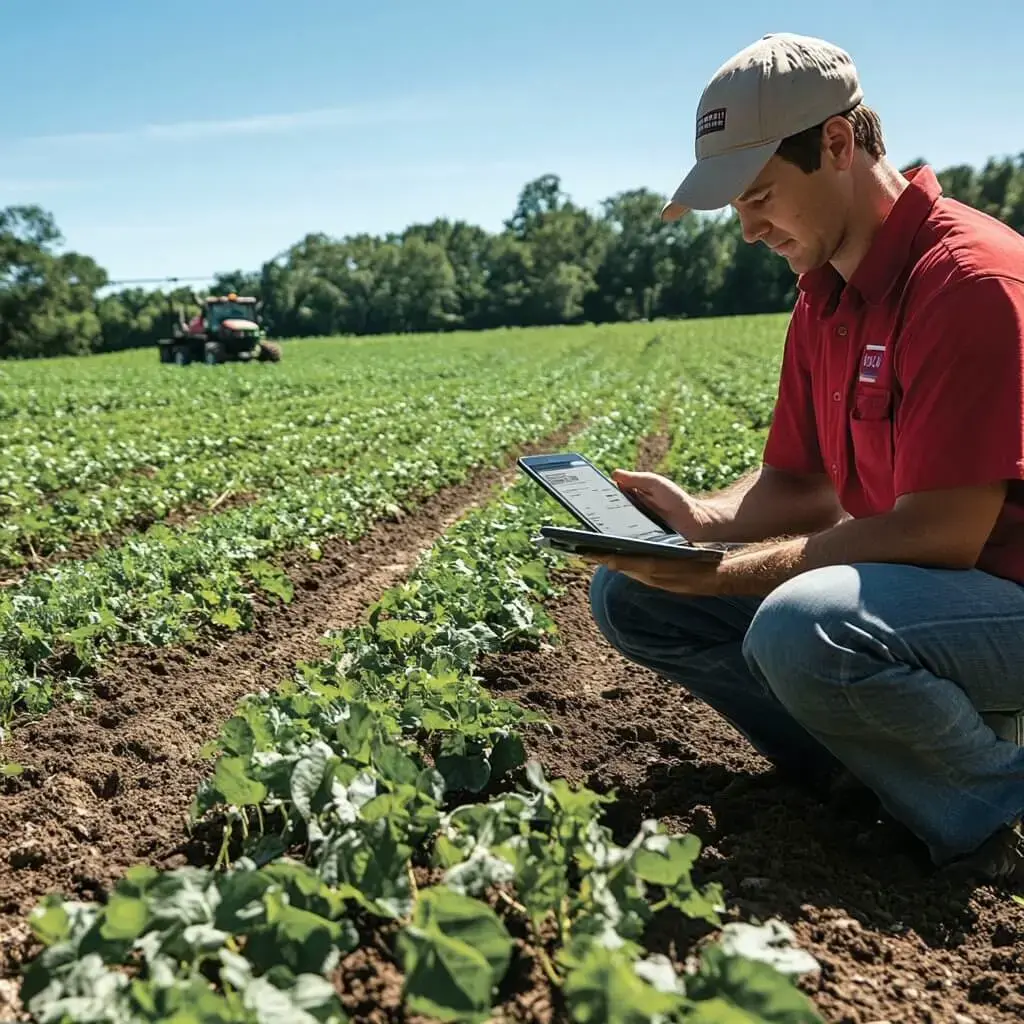
Improve Efficiency & Productivity
Data is a critical component of smart farming, and our connectivity solutions help you use it to your advantage:
- Real-time monitoring of equipment improves efficiency and reduces downtime.
- Track equipment use to plan maintenance and avoid unexpected repairs.
- Use data insights to make better decisions, increasing productivity and profitability.
- Our connectivity ensures you can gather and analyze data to optimize your farm’s operations.
Schedule a Meeting With an Expert
Multi-IMSI SIM Transforming Modern Farming
Agriculture is quickly adopting new technologies to improve how farms function. Managing remote areas and needing instant data are major challenges for farmers. Reliable communication tools, especially cellular and satellite connections, are essential in these situations.
The combination of Multi-IMSI SIM technology and satellite connectivity is changing the agriculture industry. This method ensures strong cell signals and adds satellite coverage for the most remote areas. This keeps farmers and their equipment connected, ensuring farms run smoothly.
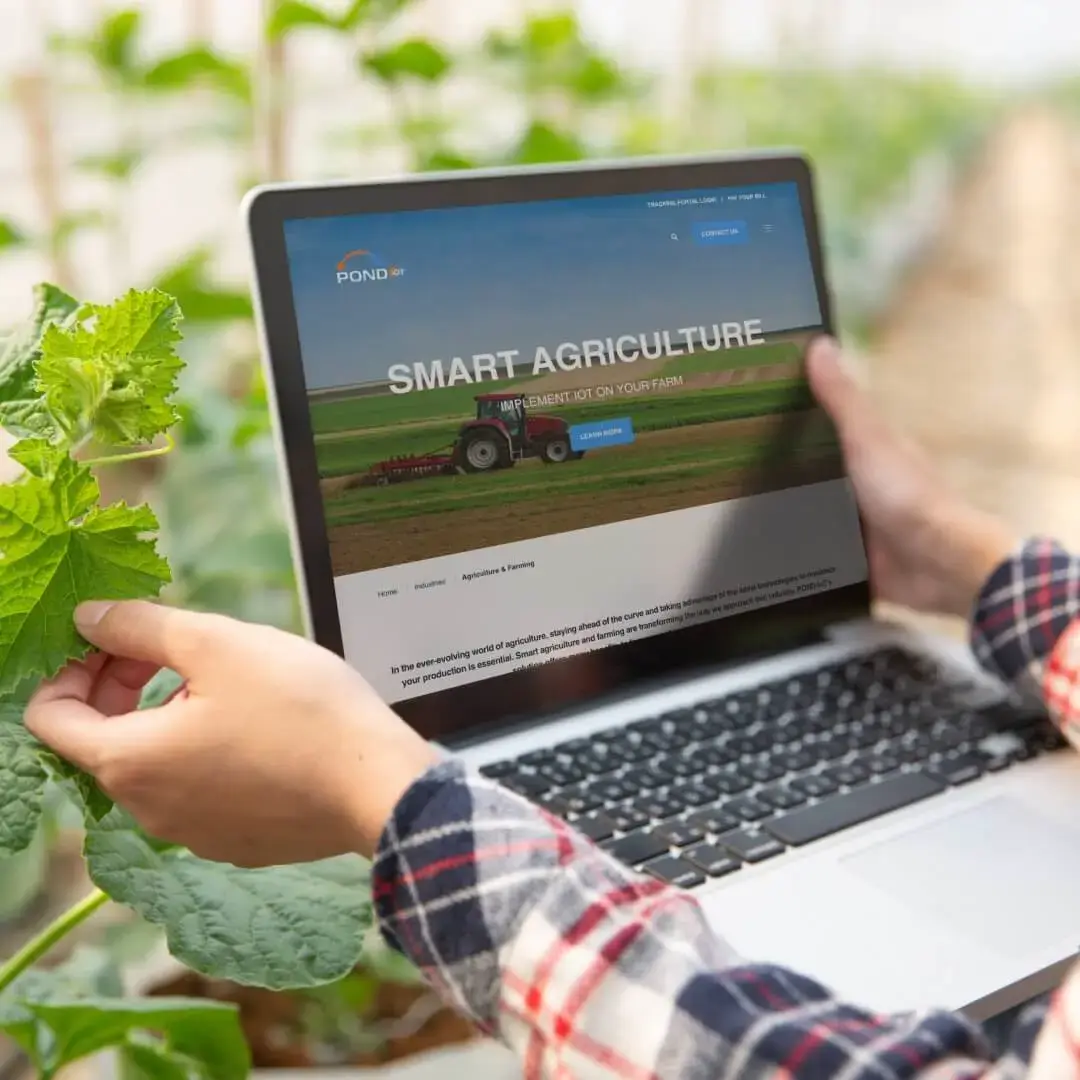
Challenges
Introducing new technologies in agriculture presents a variety of connectivity challenges:
- Remote Connectivity: Many farms are situated in areas with limited cellular coverage, which complicates effective management and communication. These large, isolated areas often lack the infrastructure needed for stable connections. This makes it challenging to coordinate farm activities and stay in touch with team members.
- Real-Time Communication: Quick and reliable communication is essential for coordinating widespread teams and machinery. The need for instant interaction becomes a significant challenge in vast farming operations.
- Machine-to-Machine (M2M) Communication: As farms become more automated, uninterrupted communication between machines is critical. This is especially important in remote locations, where signal issues are common.
- Data Management and Transfer: Efficiently gathering and analyzing farm data is crucial for making informed decisions. The challenge lies in achieving swift and secure data transfer, which is often hindered by connectivity limitations.
- Safety and Security: It's crucial to have strong monitoring systems in place to ensure the safety of farm workers and the security of valuable farm equipment. The challenge lies in setting up systems that can quickly respond to safety issues or mechanical failures, especially in areas with poor connectivity. READ MORE
FAQ About Smart Farming
Smart farms use advanced technologies like sensors, cloud computing, and data analytics to oversee all farming operations efficiently. These tools gather detailed information about soil conditions and crop health, allowing farmers to make informed decisions quickly. Many smart farms also employ automated systems like adjustable irrigation to optimize resource use.
All of this technology relies on reliable connectivity for continuous operation.
Digital farming analyzes sensor data to help farmers use resources like water and fertilizers more effectively. This allows for precise actions, like watering only when needed and adjusting fertilizer use based on soil conditions. Optimizing resources leads to better crop growth and higher yields.
Smart farming enhances farming sustainability and productivity by using real-time data. This data-driven approach helps farmers reduce waste, automate tasks, and lower costs. The benefits include more efficient farming, reduced environmental impact, and better resource use.
Drones are crucial in precision farming, providing detailed aerial views that help identify crop health and needs. They can quickly address issues like dry spots or pest infestations and are also used for seeding, fertilizing, and spraying, which boosts efficiency and reduces labor.
Related Resources
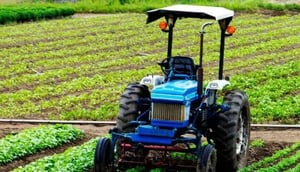
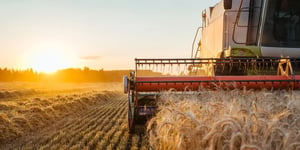
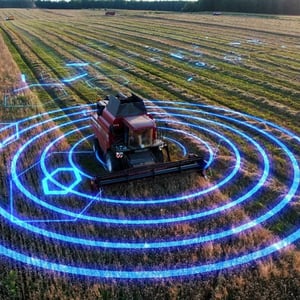
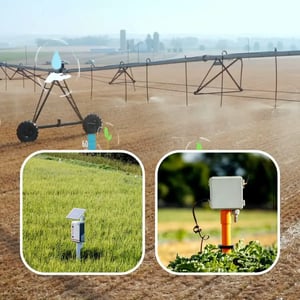


-1.png?width=900&name=Multi-IMSI_1200x1200%20(1)-1.png)